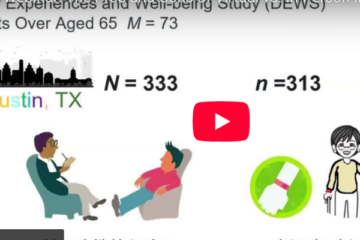
Webinar: Connecting Population, Health, and Environment (PHE) Approaches With Youth and the Demographic Dividend
Webinar: Connecting PHE Approaches to Youth and the Demographic Dividend
Date
July 10, 2017
For years, researchers, economists, demographers and other development experts have been explaining and promoting the phenomenon known as the demographic dividend, the rapid economic growth that can accompany a change in a country’s age structure due to reduced birth and death rates. More recently, advocates have been emphasizing the importance of investing in young people with youth-friendly reproductive health policies and services, education, and other key investments that can contribute to shifts in age structure.
Globally, integrated efforts known as Population, Health, and Environment (PHE), are working to reach the “last mile” with family planning, reproductive health, and other services. Many of these projects are reaching out to young people, potentially making contributions toward achieving a demographic dividend in some countries in sub-Saharan Africa.
In this webinar, Bernard Onyango (AFIDEP), Elizabeth Gay (PRB), and Smita Gaith (PRB) explored the importance of youth and the demographic dividend in development strategies and frameworks, and made the connections between youth, the demographic dividend, and PHE integration.
Gaith provided a brief overview of the PHE approach and examples of PHE projects that reach young people with family planning and reproductive health information and services, livelihoods, education, and other key benefits. Gay introduced the viewers to the demographic dividend, shared the African Union (AU)’s 2017 theme, “Harnessing the Demographic Dividend Through Investments in Youth,” and described key investments for young people, particularly sexual and reproductive health, highlighting a recent policy brief by PRB and the African Union Commission on the same topic.
Onyango described implications of rapid population growth, PHE approaches to young people, and the demographic dividend. Onyango also introduced expanded models for the demographic dividend that account for environment and climate change, issues often addressed by PHE projects. He shared a case study of Malawi, where the share of land resources is drastically falling as population density increases. In combination with climate change, this situation exacerbates water stress/scarcity, agricultural yield declines, and food insecurity.
Viewers asked a variety of questions on how to incorporate environment more prominently within the AU strategy, barriers that may prevent key investments for youth, as discussed by Gay, and the demographic dividend models shared by Onyango.
The webinar is part of a series of Africa PHE webinars, produced under the Policy, Advocacy, and Communication Enhanced for Population and Reproductive Health (PACE) Project.
For regular updates about PHE news, opportunities, resources, and other events, sign up for the Africa PHE Updates newsletter and @AfricaPHE on Twitter.





